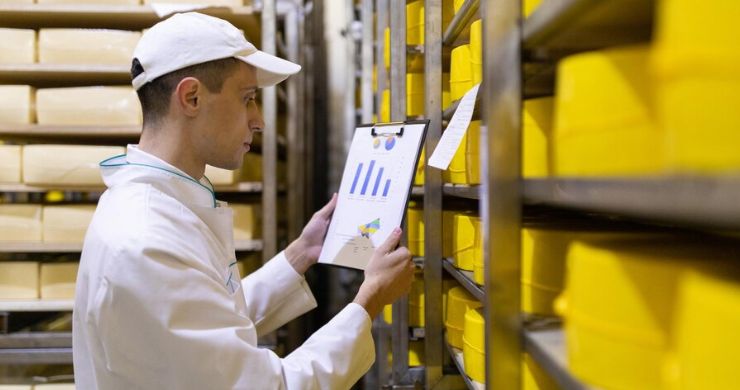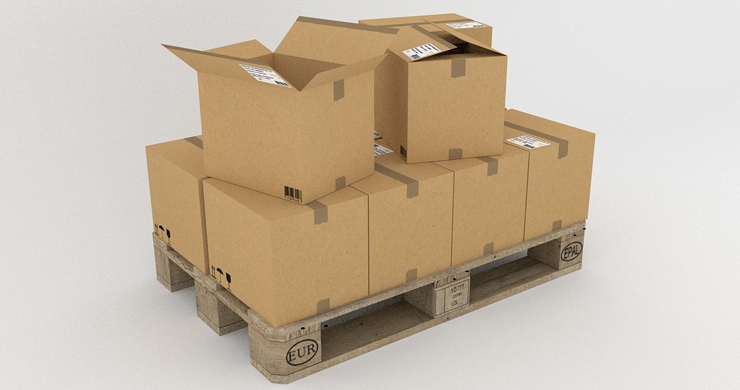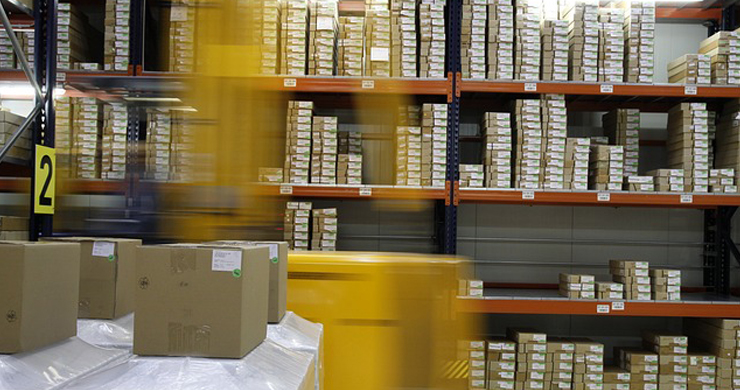Artificial Intelligence (AI) is transforming various industries, and warehouse management is no exception. AI offers advanced solutions to improve operational efficiency, reduce costs and increase accuracy in warehouses. Below, we explore how artificial intelligence can optimize warehouse management and the many benefits it can offer.
Demand forecasting
- Historical data analysis: AI can analyze large volumes of historical data on sales, seasonality and market trends to forecast future demand with high accuracy. This enables companies to adjust their inventory levels optimally, avoiding both overstock and shortages.
- Predictive modeling: Using machine learning algorithms, AI can identify consumer patterns and behaviors, improving inventory planning and ensuring that needed products are available at the right time.
Optimization of picking and packing
- Optimized picking routes: AI can calculate the most efficient routes for picking within the warehouse, reducing travel times and improving productivity. This is especially useful in large, complex warehouses where search time can be significant.
- Packing automation: AI systems can automate the packaging process, selecting the right material and ensuring that products are packed efficiently and safely. This not only speeds up the process, but also reduces errors and material waste.
Real-time inventory management
- Inventory visibility: AI provides real-time visibility of inventory, enabling more accurate management and reducing human error. AI-powered inventory management systems can automatically update stock levels, ensuring that information is always up to date.
- Automatic replenishment: AI can automate the replenishment process, automatically generating orders when inventory levels reach a predefined threshold. This ensures that products never run out and minimizes manual intervention.
Predictive maintenance
- Equipment monitoring: AI algorithms can monitor the condition of equipment and machinery in the warehouse, identifying potential failures before they occur. This enables predictive maintenance, reducing downtime and repair costs.
- Resource optimization: AI can help optimize the use of warehouse resources, ensuring that equipment and personnel are used efficiently. This improves overall productivity and reduces operating costs.
Improved logistics and distribution
- Delivery route optimization: AI can analyze real-time traffic data and weather conditions to optimize delivery routes, reducing transit times and transportation costs. This improves logistics efficiency and the timeliness of deliveries.
- Last mile management: Artificial intelligence can also improve last mile management, identifying the most efficient routes for final deliveries and reducing delivery errors. This is crucial for improving customer satisfaction and operational efficiency.
Analysis and continuous improvement
- Performance analysis: AI can analyze warehouse performance and provide detailed information on areas for improvement. This includes analysis of processing times, picking and packing errors and inventory efficiency.
- Continuous learning: AI systems can continuously learn and adapt to new conditions and data, improving their models and algorithms over time. This ensures that warehouse operations are always optimal and adapt to changing market demands.
Conclusion
Artificial intelligence is revolutionizing warehouse management, offering advanced solutions to improve operational efficiency, reduce costs and increase accuracy. From demand forecasting and picking and packing optimization to real-time inventory management and predictive maintenance, AI offers multiple benefits that can transform warehouse operations. Adopting these technologies is essential to remain competitive in an increasingly demanding and dynamic marketplace. Integrating artificial intelligence into warehouse management not only improves efficiency and accuracy, but also enables continuous adaptation to market needs, ensuring long-term success.





